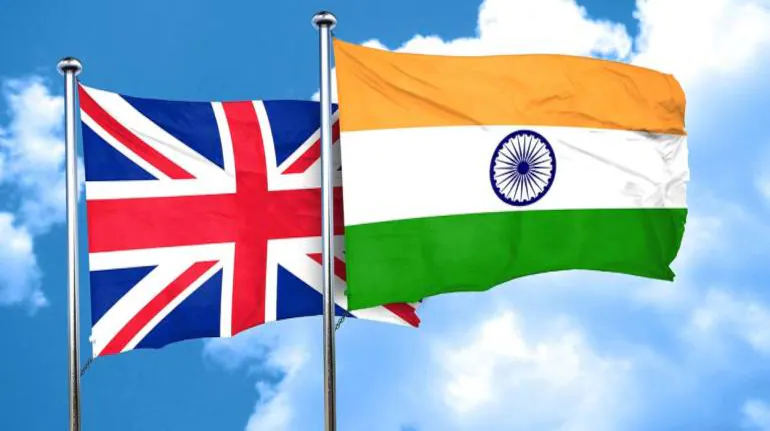India and the UK are engaged in discussions to find viable solutions for addressing investors’ disputes within a specific timeframe, using a domestic judicial mechanism as part of the proposed Bilateral Investment Treaty (BIT).
This crucial step is seen as a prerequisite for the conclusion of the much-awaited Free Trade Agreement (FTA) between the two nations, expected to be finalized in the coming weeks.
Both India and the UK are determined to sign the FTA and BIT in tandem, recognizing their complementary nature in fostering a comprehensive economic partnership between New Delhi and London.
However, the discussions have encountered certain obstacles, particularly concerning India’s stance that foreign investors must exhaust domestic legal remedies before resorting to international arbitration.
The major concern for the UK is that Indian courts often take significant amounts of time to decide on cases, potentially having a detrimental impact on investors. Another sticking point is the issue of Rules of Origin, as India fears that Chinese goods might find their way into the UK market through Chinese companies’ increasing presence in the UK industry.
According to sources, ongoing discussions are focused on implementing a time limit for resolving disputes within India’s jurisdiction before they can proceed to international arbitration.
Nonetheless, questions have arisen regarding whether the independent Indian judiciary would adhere to any specified time frame stipulated in the BIT. Efforts are underway to find a suitable resolution, a senior official revealed.
Speaking on the matter, EU trade commissioner Valdis Dombrovskis recently proposed the creation of special courts to handle disputes involving violations of investment protection agreements.
This step aims to instil confidence in investors who choose to invest in India. It is worth noting that India is also engaged in FTA discussions with the European Union.
Regarding the services sector, both India and the UK have made significant progress, aligning their positions with the UK’s FTA with Australia, which became effective in May 2023, according to an official.
The proposed FTA with the UK presents unique opportunities for India, especially in terms of the mobility of professionals.
In the services sector, the UK has requested national treatment for its services-based businesses and enhanced operational freedom for its professionals in India. National treatment refers to the equal treatment of foreigners and locals in relation to regulations and rules.
In its FTA with the UK, Australia secured ambitious commitments for the mutual recognition of professional qualifications and greater certainty for skilled professionals seeking entry into the UK labour market.
Negotiations for the India-UK FTA have continued without interruption, with the 13th round of talks ongoing since September. The agreement consists of 26 chapters, covering goods, services, investments, and intellectual property rights. As the discussions progress, both sides remain focused on resolving the outstanding issues and finalizing a mutually beneficial trade agreement.

